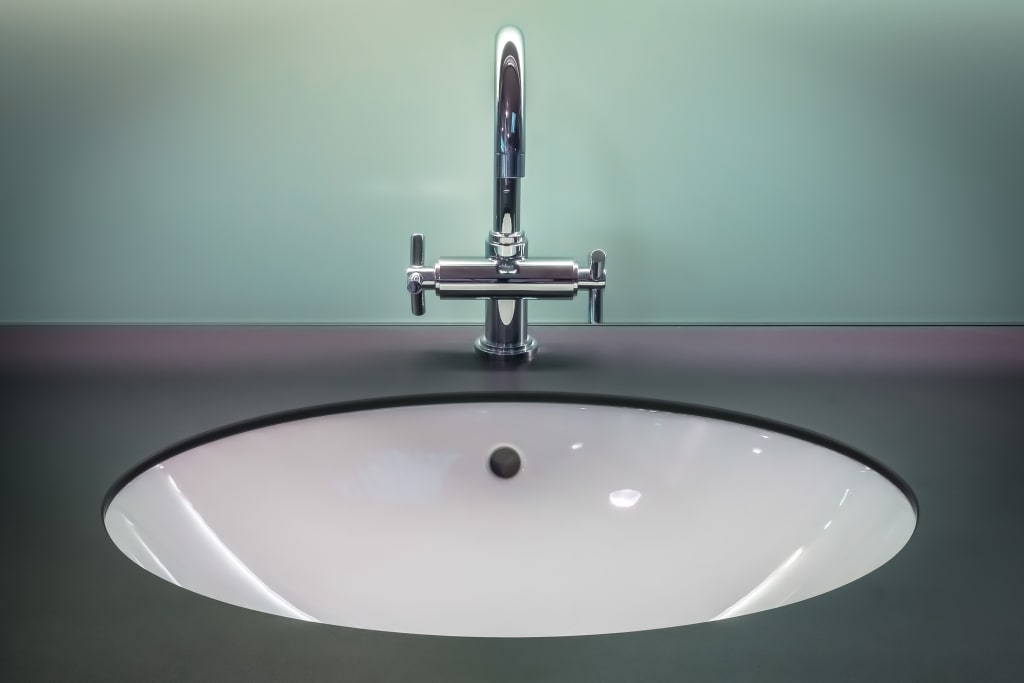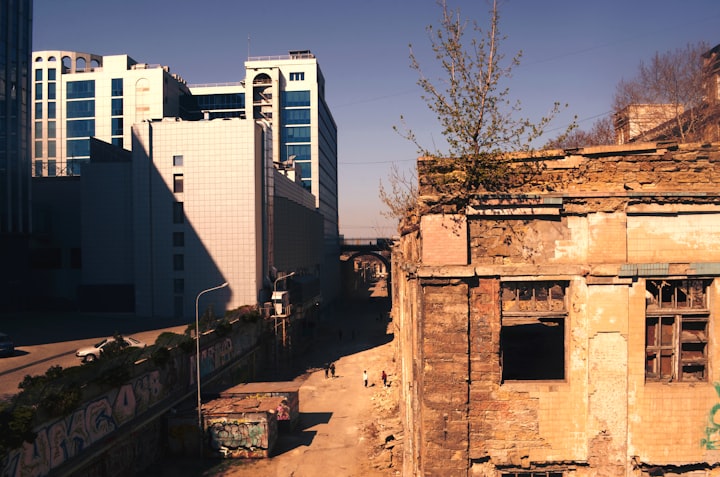7 Ways To Keep Your Drains Clog Free
It's not a secret that clogged and slow drains are a pain to deal with. The drain seems to be moving along just fine; the next, it's barely trickling.

It's not a secret that clogged and slow drains are a pain to deal with. The drain seems to be moving along just fine; the next, it's barely trickling. These clogs and slow drains often don't appear without warning and can cause you many problems. Drains filter and flush away water and waste, whether it's food particles down the kitchen sink or shampoo down the shower drain. However, it is not only the water drains that must be filtered. The drains themselves must be cleaned regularly, and it is critical to understand how to do it securely. To avoid hassles in the future, the first step in preventing clogged drains is to clear them, which skilled plumbers can do. Here are some pointers on how to keep your drains clear once they've been cleaned.
1, Dispose of frequent blocking trash in other ways
Rather than throwing drain-clogging debris down a drain, there are various other options for disposal. Cooking fat may be saved in a coffee can and thrown away, or coffee grounds can be thrown away or added to a compost pile. A screen or drain grate should be fitted in shower drains to capture hair and prevent soap scum from draining. Hair will collect Soap and cause soap scum to build if you don't brush your drains often. Otherwise, these wastes may enter the drainage system and produce blockages, which will cost you money. So quit flushing your rubbish down the drain.
2, Invest in some Drain guards
Drain guards are the main protection that can be used against clogs. When we use this protector, it blocks substances like food, hair, and unwanted debris. The drain guards are available in various sizes, allowing you to utilize them with any drain outlet. They are inexpensive and simple to replace and install.
3, Use a cup of vinegar
Vinegar is a cleaner that is found in nature. It includes acetic acid, an organic solvent that dissolves the organic buildup created by meals and other oils in pipes. To clean drains in showers, sinks, and tubs, combine a half cup of baking soda, vinegar, salt, and a couple of gallons of boiling water. To begin, pour baking soda and salt down the toilet. Gush a cup of vinegar down the drain and wait 30 minutes before washing it out. After that, pour in the vinegar and wait a minute for it to bubble. Flushing with two cups of hot water is the final procedure.
4, Clean your drains using hydro jetting.
If your pipes are clogged frequently, it might be due to decades of grease, silt, and debris clogging the walls of your pipes, making it easier for blockages to form. Tree roots might potentially be growing into your sewage line, producing issues. If this is the case, hiring a plumber to conduct hydro jetting on your drains is good. Running a high-powered hose through your plumbing system and blasting water jets along the interior of your pipes is known as hydro jetting. The water is powerful enough to remove even the hardest buildup and restore the interiors of your pipes.
5, Soap it away!
Pour three to four tablespoons of dish soap down the drain from a bottle. Replace the sink drain stopper and fill the sink basin with hot water after a few seconds. Remove the drain stopper quickly and let the water pour down the drain, catching the Soap and loosening the oil and crud in the drain. You may also flush your bathroom drains using this method. To some extent, this will keep your drains clean. You can avoid future obstructions and hassles by doing so.
6, Use caution while using store-bought cleaners.
Store-bought cleaners are equally as efficient as homemade mixtures but don't use too much. Lye is a potent component found in most retail cleansers, and using too much of it can injure your eyes and lungs. Stick to the label's instructions and only use the recommended amount.
7, Use only the most gentle scrubs and exfoliants.
There's nothing wrong with maintaining a skincare routine or having an at-home spa day, but avoid flushing products that include non-dissolvable exfoliants. Scrubs containing coffee grounds are particularly damaging to your plumbing. If you're using a bath bomb, install a drain guard to capture big particles (like flower petals) while your tube empties.
It can be difficult to prevent clogs and backed-up drains. However, you can do a few things to minimize the likelihood of drain clogs in the future. It is critical to understand the different causes of clogs. Hair, food particles, and other debris can cause clogs in many cases. You should also be aware of potential clog-inducing products, such as certain types of hair spray, which can clog your drains. In addition, it is important to schedule your drain cleaning and pump outs as needed to avoid clogs. Call the experts if you find a slow clog or backed-up drain. But it is always better to prevent the clog.





Comments
There are no comments for this story
Be the first to respond and start the conversation.